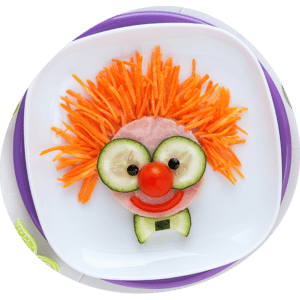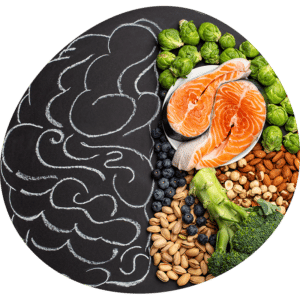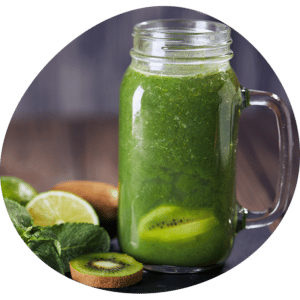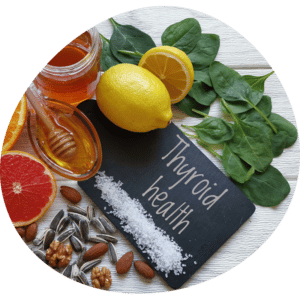Constipation in children is more common than you might think. It can have short-term effects including loss of appetite and pain, but it can also have long-term implications. That’s why understanding the causes of constipation in children is essential.
What is constipation?
When we think of constipation, most think of rock-solid bowel movements that are difficult to pass, along with some blood on the toilet paper. However, the definition of constipation is much wider than this! If a bowel movement is:
- Happening too infrequently (less than daily)
- Difficult to pass
- Painful
- Too slow (this varies depending on their age)
- Incomplete (they might feel they need to ‘go’ shortly afterwards)
- Dry, cracked or pebble-like
then there’s a good chance constipation is playing a role.
Why is constipation in children a problem?
Constipation in children can make them uncomfortable short-term, but there are also long-term health consequences.
If a bowel movement isn’t passed regularly, the contents of the digestive tract could be reabsorbed. This can include compounds the body has already tried to remove – including hormones, heavy metals and medications such as paracetamol or antibiotics. This can put greater pressure on their liver and detoxification pathways, which feeds into many health concerns.
Constipation also leads to reduced appetite, as the digestive tract is already full. For kids who already have a low appetite or struggle to get adequate nutrition in, this is a recipe for long-term nutrient deficiencies.
Further issues arise if a child starts to fear going to the toilet because it hurts. This means they will hold their movements for longer and make the constipation even more severe.
Over time, their urges to go to the toilet will reduce as the body adapts, so they are more likely to have accidents. This can be embarrassing and even traumatic for them.
Major causes of constipation in children
Dehydration
Many kids will struggle to get enough hydration into their day. And if they don’t have enough water in the body, it makes the bowel movements harder, drier and more difficult to pass.
An easy way to teach your child whether they’ve had enough water to drink? Encourage them to look at their poos and spot any cracks. If there are cracks, it’s time to have another glass or two of water or some water-rich foods like fruit and veggies. This also helps to empower kids who might be afraid of their constipation pains.
Low fibre intake
Another nutrient that many kids don’t get enough of is fibre. This is particularly common in kids who are going through a fussy eating phase, as well as kids who have sensory issues around food.
Fibre makes up the bulk of each bowel movement. So if they aren’t having much, their poo will be smaller and harder. For some, this is a simple fix of adding in more fibre-rich foods. If your child is going through a fussy phase or has sensory issues, a supplement may be warranted to support them while you address the constipation.
Reduced physical activity
When we were younger, we would spend hours every day outside, moving our bodies. But today’s kids tend to move less and spend more time sitting or lying down.
This reduced activity can contribute to constipation. Moving your body stimulates the muscles that move the gut contents down the tract. Encourage at least 30 minutes of physical activity, and work up to 60 minutes or more per day. This also has a host of other health benefits for their mood, brain function, bone health and muscle strength.
Imbalanced gut microbes
We know that a healthy gut equals a healthy child (or adult!) One of the big drivers of constipation is an imbalance in the microbes in the digestive tract. This is a two-way street, as constipation itself can alter the balance of microbes and exacerbate the issue.
On the other hand, good microbes are believed to help with the motility or movement of muscles in the gut. To address constipation in children, we need to support these good microbes. One way to do this is to encourage a variety of gut microbes. Studies have found that the greater the diversity, the healthier the consistency of the bowel movements. Those who had constipation or diarrhoea had a reduced diversity, and those who had healthy poos had a balanced variety of microbes.
Some medications
Constipation is a common side effect of many types of medicine. The most common for kids are antibiotics and reflux medications.
Antibiotics tend to cause diarrhoea when they are being used. But due to their effect on the gut microbe balance, children who use antibiotics multiple times could develop constipation.
Reflux medications are prescribed for babies with reflux symptoms. These reduce the production of stomach acid. But this can affect the digestion of proteins and throw off the body’s digestive processes. It also changes the pH of the stomach, which means that microbes can make it into the digestive tract that would usually be stopped by stomach acid. As a result, constipation can form further down the tract.
Use of formula
Babies who are formula-fed are more likely to experience constipation than those who are breastfed. If you do use formula for your child, you may like to look into adding in a digestive supplement to reduce their risk of constipation.
Is your child struggling with constipation?
As an experienced paediatric naturopath, I’m here to help. Click here to learn more about the children’s health issues I work with.
Share this Blog
If you enjoyed this article share it across your socials









